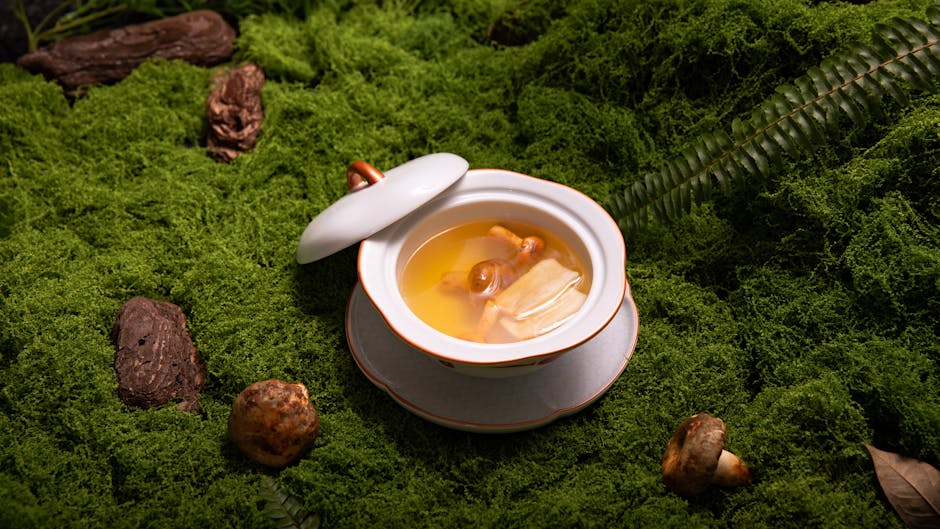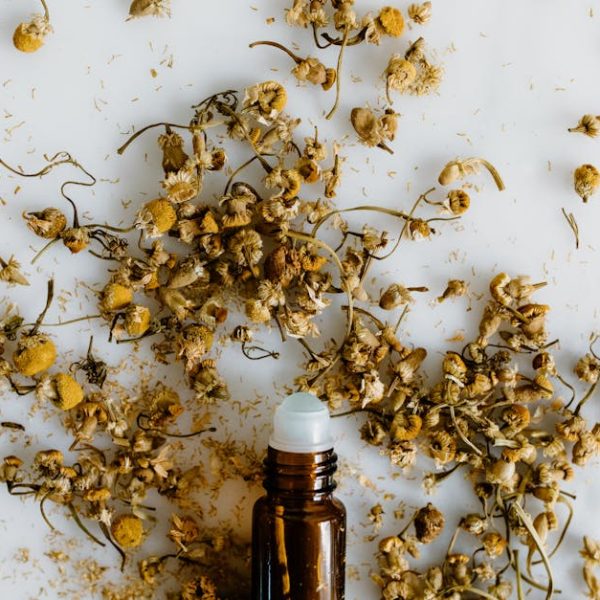Did you know ginseng and ginger, while greatly valued for their medicinal properties, belong to two entirely different plant families and offer distinct health benefits? Although both are herbs commonly used in ancient remedies, their individual attributes and usage distinguish one from the other. This article is set to guide you through the key differences, benefits, and precautions associated with Ginseng and Ginger.
Understanding the Origins and Types of Ginseng and Ginger
Before we delve into the nuances, let’s explore their roots—literally, and figure out how these herbs have made their mark across the globe.
Ginseng, derived from the root of plants in the Panax genus, gets its fame mainly from Korea, China, and America. The most common types of Ginseng include Asian Ginseng (Red Ginseng), American Ginseng, and Siberian Ginseng. Each type varies in their appearance and offers different benefits and potential uses.
On the other hand, Ginger hails from the flowering plant family Zingiberaceae and India takes the lead in its cultivation. Ginger roots can be found as mature or baby ginger, each offering a unique flavor profile and texture.
Here’s a comparative visual of their forms:
| Type | Appearance | Famous for cultivation |
|---|---|---|
| Asian Ginseng | Brown, root shaped | Korea, China |
Health Benefits Associated with Ginseng and Ginger
Ginseng is most sought after for its considerable effects on boosting energy, sharpening cognitive function, reducing inflammation, and enhancing immunity. People these days extensively use Ginseng in their diets or supplementation for these benefits.
Ginger offers a different set of advantages, valuing it in its own right. It helps with muscle pain, reducing blood sugar levels, aiding digestion, and controlling nausea, amongst other benefits. Ginger root, in its various forms, is a frequent ingredient in many culinary delights, supplements, and home remedies.
Nutritional Breakdown of Ginseng and Ginger
The health benefits of these herbs stem from their nutritional makeup and active compounds. Ginseng boasts ginsenosides- active compounds that contribute to its health-enhancing effects. Ginger, on the other hand, is rich in Gingerol, an active compound that holds responsibility for its unique medicinal properties.
Here’s an informative table detailing their nutritional breakdown:
| Herbs | Nutrients and Major Compounds |
|---|---|
| Ginseng | Ginsenosides, vitamins, minerals |
| Ginger | Gingerol, vitamins, minerals |
Usage and Incorporation of Ginseng and Ginger in Daily Life
Despite their notable differences, both Ginseng and Ginger can be seamlessly included in your lifestyle practices and dietary regimens. Ginseng mostly finds itself in teas, supplements, and powders catering to people seeking a conscious and healthy lifestyle. Ginger, multi-talented in its application, can be used fresh, dried, powdered, or juiced. It not only adds a fresh zing to your meals but also proves beneficial in managing various health conditions.
Watch out for our ⚡pro tip⚡ on how to make the best out of these roots in your diet!
Potential Side Effects and Precautions for Ginseng and Ginger
Despite the long list of benefits that these herbs bring to the table, one should also be mindful of potential side effects. Some people might experience headaches, sleep issues, and digestive problems with Ginseng. Too much Ginger might result in stomach discomfort and increased bleeding tendency.
Here is a checklist to ensure your herbal consumption is under control and caters to your body’s requirements:
- Consult a healthcare professional before starting a new supplement regimen.
- Pregnant or breastfeeding women should seek medical advice before consuming these herbs. – People with a particular medical condition or on certain medications should be cautious of their consumption.
- Always start with small doses and gradually increase.
In summary, Ginseng and Ginger both are unique in their ways, from their origins to their health benefits, nutritional components, and potential side effects. By being aware and cautious, you can incorporate these herbs into your life and enjoy their benefits effortlessly!
⚡Pro Tip⚡: To maximize the benefits of Ginseng and Ginger, use them fresh whenever possible. Fresh roots provide the most potent benefits. Add Ginger to your morning tea or sprinkle some Ginseng powder to your soup or smoothie. And remember, moderation is key.
Now that you’re equipped with this knowledge, go ahead and spice up your life with Ginseng and Ginger! But remember, always consult your healthcare provider if you’re planning to make major dietary changes or start new supplements. Stay healthy, stay informed!
Key Takeaway:
- Ginseng and Ginger are from different plant families, mainly cultivated in China, Korea, America, and India, respectively.
- They contain beneficial compounds; Ginseng has Ginsenosides, and Ginger is rich in Gingerol.
- Ginseng helps to boost energy, cognition, reduce inflammation, and increase immunity, while Ginger aids in reducing muscle pain and blood sugar, improving digestion, and preventing nausea.
- Ginseng and Ginger can be easily incorporated into daily life through teas, supplements, powders, fresh use, dried form, or as an oil.
- Potential side effects include headaches and digestive issues with Ginseng, and stomach discomfort and bleeding tendency with Ginger.
Remember, while Ginger and Ginseng offer numerous health benefits, it’s critical to take note of their potential side effects and consume responsibly. Always start with small doses, and gradually increase if tolerated well. Don’t forget to consult a healthcare professional if you’re planning to start any new supplement.
FAQs
Q: Can I consume Ginseng and Ginger together?
A: Yes, both can be consumed together, but it’s advisable to start with small amounts to see how your body responds. Always consult with a healthcare provider if unsure.
Q: Are there any potential allergic reactions related to Ginseng and Ginger?
A: Some people might experience allergic reactions such as skin rashes or breathing problems. If you notice any unusual reactions after consumption, seek medical help immediately.
Q: Can pregnant or breastfeeding women consume Ginseng and Ginger?
A: While moderate consumption of Ginger is generally safe, pregnant or breastfeeding women should consult a healthcare professional before consuming Ginseng or if planning to intake Ginger in larger amounts.
Q: Are Ginseng and Ginger beneficial in treating specific diseases?
A: While they are known for their medicinal properties and general health benefits, they are not intended to diagnose, treat, cure, or prevent any disease. Always consult your healthcare provider for medical advice.
Q: What are recommended ways to store Ginseng and Ginger?
A: Both can be stored in a cool, dry place. Fresh Ginger can be refrigerated to extend its life, while Ginseng can be stored as per the instructions if it’s in a supplement form.
Don’t forget to share this article with your friends and explore more enlightening posts on our website!






